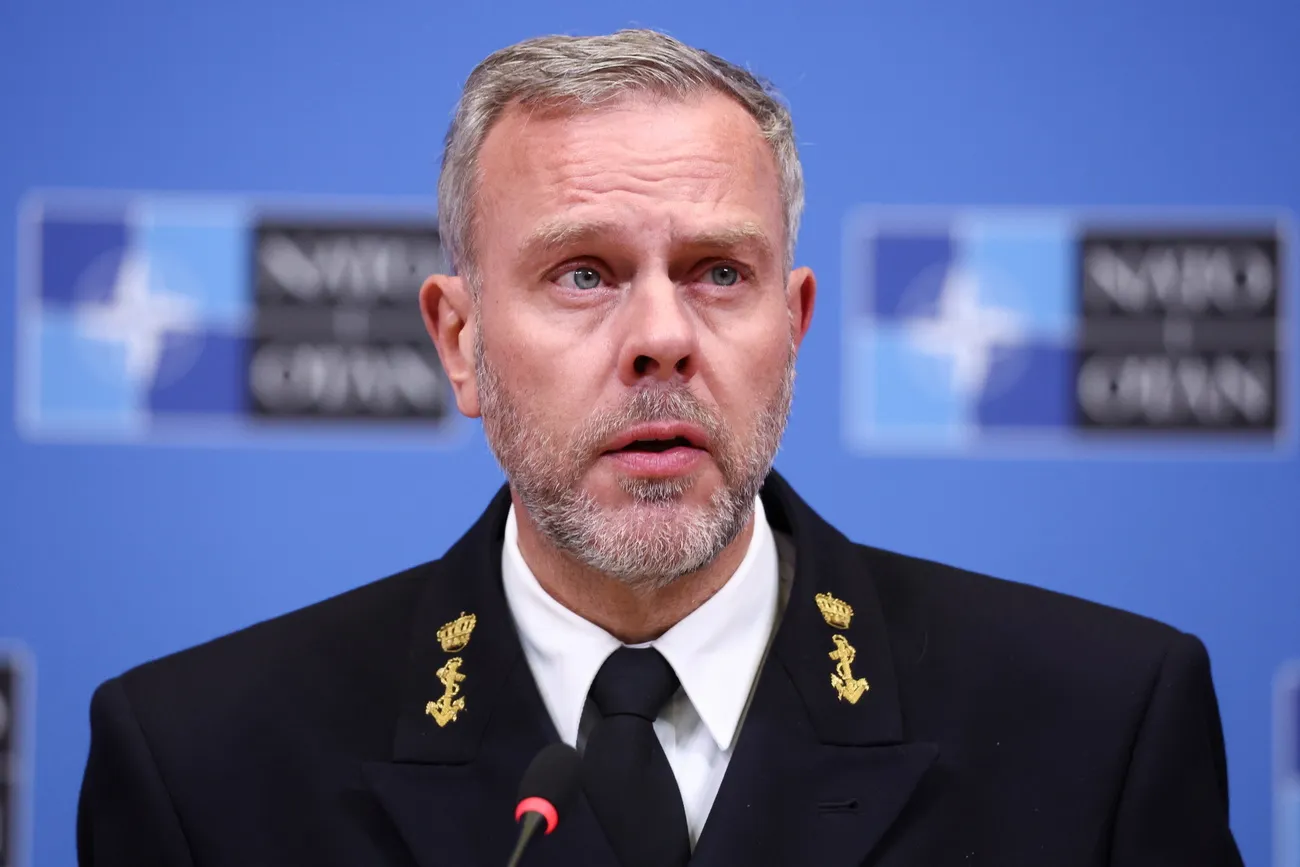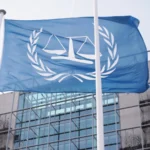The crash of the government plane and the death of the President of Iran along with the country’s top officials is an event that will impact the whole world. Especially considering that this country is a constant subject of news, sanctions lists, and the production of deadly weapons in recent years. It is certain that the country will face a crisis, but the consequences could be even broader and extend far beyond the geographical boundaries of Iran.
Who is in charge?
First of all, clarity must be brought to the position of the President. In Iran, this position is not as prominent as in most European countries or in the USA. Here, the presidential chair is only second on the power ladder, with the so-called “Supreme Leader” occupying the first position. Currently, this role is held by 85-year-old Ayatollah Ali Khamenei. He himself was the President of Iran from 1981 to 1989 and then received a “promotion” after being chosen as the country’s Supreme Leader. He has remained in this position to this day. During his time, five different Presidents have already come and gone.
Journalists have repeatedly reported in their materials that the Ayatollah received higher education in Moscow at the Patrice Lumumba Friendship University, but whether this is true is currently unknown.
Therefore, the country’s leader was not harmed in this plane crash. But in order to fill the need for a President, snap elections will now be held. In the meantime, all his functions will be assumed by Vice President Mohammad Mohbera.
Where is the stabilization?
Experts already predict that the successor to the deceased Raisi will most likely be the recommended Supreme Leader Khamenei. It is obvious that this candidate will be ultra-conservative in views, supporting a strict line similar to the one he himself upholds.
It should be noted that President Ebrahim Raisi did not enjoy great popularity among the people, but his death at such a tense moment could have significant consequences. Of course, a period of mourning begins for some Iranians. However, many viewed him as someone with blood on his hands. Therefore, powerful anti-government demonstrations are expected. The last such episode was in 2022, when they were barely contained. Now, the period and situation are even more “explosive”, making it ideal for a coup.
It is expected that numerous dissident groups will try to use what has happened for a rapid destabilization of the established order. It is likely that even the Supreme Leader will feel the consequences.


